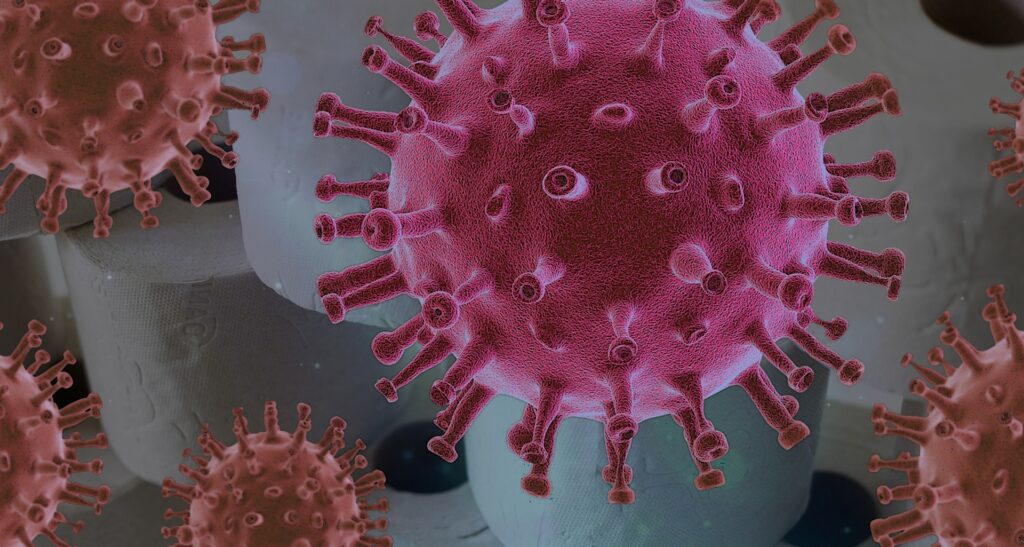
It’s a dirty job, but somebody’s got to do it.
Untreated wastewater in Chatham-Kent is now being tested for traces of COVID-19 in fecal matter.
Cara Robinson is the program manager of the Healthy Environments team at Chatham-Kent Public Health, and says increases in COVID-19 sewage markers give can serve as an early warning indicator of increased community transmission.
“It’s to be used in collaboration with clinical data and other methods of surveillance that we use here as well, we’ll kind of look at it as a fulsome picture and from there we’ll decide how to proceed based on what we’re seeing.”
Robinson, says it gives public health a better overall view of potential community spread.
“Individuals infected with COVID-19 shed the virus fecally during the course of their infection, significant increases in COVID-19 signals in wastewater could act as an early warning indicator, and provide us with leading information on increased transmission that public health can then act upon.
Robinson says this kind of tracking has been used in many other regions and has proved to be a useful tool in pandemic management.
The plan is to start testing wastewater in Chatham, which began this week, and eventually expand to other areas of the municipality.
“I am excited to get access to this kind of data which will give us a very useful indicator of the baseline infection level in Chatham,” says Medical Officer of Health, Dr. David Colby.
Officials say this new surveillance is just another tool in the fight against COVID-19, and doesn’t replace public health measures, including the stay-at-home order already in place.




